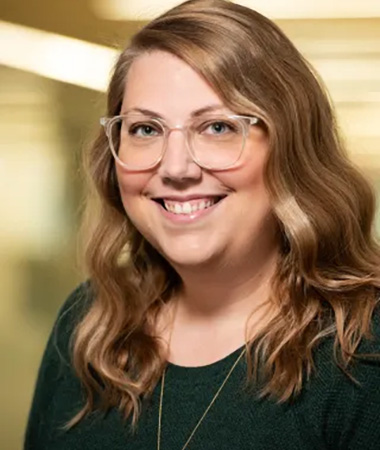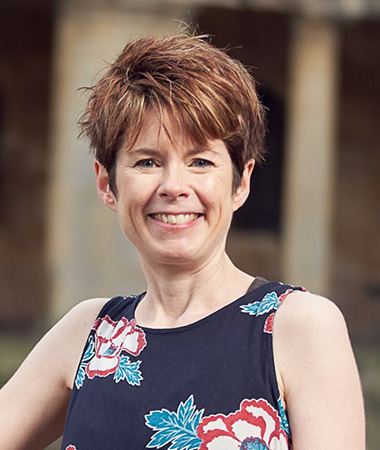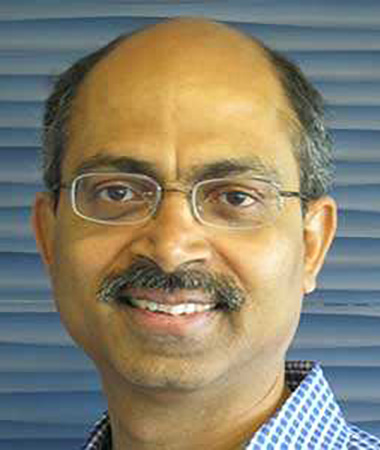Science for Society: Measuring Public Opinion
In a world with much uncertainty, accurate polling is key to communicating how people actually feel about complex issues. In this webinar, global polling experts describe best practices and examples from their own projects.
Janell Fetterolf, senior researcher at the Pew Research Center, described the processes her team uses to ensure questions are accurately portrayed to different cultures. For example, setting up a comprehensive poll often includes training interviewers, piloting questions, and conducting in-person fieldwork—all of which can take multiple months.
She also stressed the importance of accurate translations in global survey methods. “Simpler language is going to make it easier,” she said.
Rajesh Srinivasan, global director of research for World Poll at Gallup, also emphasized the importance of taking careful steps to create clear surveys that translate to accurate data for the sake of everyone. His work has focused on the relationship between science and the public to help build trust between science and communities around the world.
“Trust has to be created, and the trust comes from how transparent and credible we are,” he said.
Lorraine Whitmarsh, professor at the University of Bath, ended the session highlighting how the goal of public polling is bi-directional. She often works with the public in her polling work to evaluate public engagement, attitudes, and behaviors around climate change.
“It isn’t just about giving people information,” she said. “It’s also about listening to where people are coming from, what their concerns might be, and how we can involve people in creating policies that are workable.”
This webinar will provide political and global psychologists interested in developing meaningful measures with a better understanding of the strategies to create representative and informative polls.
Speakers

Janell Fetterolf
Pew Research CenterJanell Fetterolf is a senior researcher at Pew Research Center, specializing in international survey research. She has a PhD in social psychology from Rutgers University.

Lorraine Whitmarsh
University of BathLorraine Whitmarsh is an environmental psychologist, specializing in perceptions and behavior in relation to climate change, energy, and transport, based in the Department of Psychology, University of Bath. She is Director of the ESRC-funded UK Centre for Climate Change and Social Transformations (CAST).

Rajesh Srinivasan
GallupRajesh Srinivasan is a Global Director of Research for World Poll at Gallup. He received his PhD in Economics from University of Southern California. His specialization is international research particularly in hard to reach environments.

